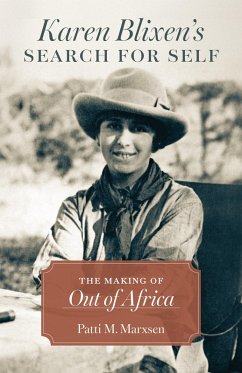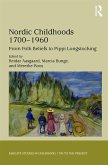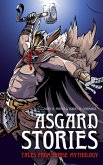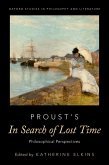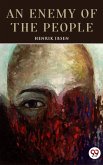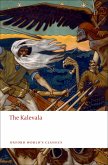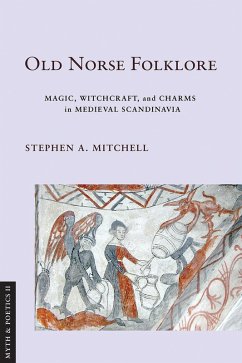In Karen Blixen's Search for Self, Patti M. Marxsen presents a twenty-first-century reconsideration of Blixen's iconic memoir Out of Africa, originally published in 1937 and now regarded as a classic of twentieth-century literature. The methodology of this "book about a book" draws on seasoned historical perspectives of European colonial activities in early twentieth-century Africa as it engages Blixen's letters, tales, speeches, interviews, the photographic record of her various personas, memoir literature of others who knew her, and three generations of scholarship, including pointed postcolonial critiques. Mixing scholarly research with personal reflection, Marxsen recounts an inspiring tale of a writer's evolution, along with thoughtful analysis of the art and craft of memoir.
As a modern woman both trapped and liberated by privilege, Karen Christentze Dinesen Blixen experienced considerable personal and financial challenges during her years living in colonial Kenya (1914-1931), a period that Marxsen approaches as a belated coming-of-age journey rather than a romantic tale. Blixen returned to Denmark at age forty-six, bankrupt and in a state of physical and mental fragility with no idea about what she would do or how she would live in a bourgeois society that she viewed as "incarceration." Only when Blixen set out to reinvent herself with the "liberating mask" of the pseudonym Isak Dinesen did she begin to realize her potential as a storyteller and find the strength to develop her uniquely poetic narrative voice by writing about her African years.
Blixen's process of loss and recovery through writing constitutes the frame of Marxsen's book, just as it constitutes the frame of Out of Africa. Marxsen traces Blixen's inner life through letters and writings to probe the origins of her imaginative power, her instinctive multiculturalism (considered "eccentric" in colonial Kenya), and the feminism of a creative woman in a new century. Marxsen continues the story through the contested legacies of the book, including its serving as the basis for the acclaimed, Academy Award-winning film released in 1985.
This new study of Blixen's widely read memoir, which has remained consistently in print for almost ninety years, broadens understandings of the author's complex self-realization, the skill of her literary art, and the book's evolving afterlife.
As a modern woman both trapped and liberated by privilege, Karen Christentze Dinesen Blixen experienced considerable personal and financial challenges during her years living in colonial Kenya (1914-1931), a period that Marxsen approaches as a belated coming-of-age journey rather than a romantic tale. Blixen returned to Denmark at age forty-six, bankrupt and in a state of physical and mental fragility with no idea about what she would do or how she would live in a bourgeois society that she viewed as "incarceration." Only when Blixen set out to reinvent herself with the "liberating mask" of the pseudonym Isak Dinesen did she begin to realize her potential as a storyteller and find the strength to develop her uniquely poetic narrative voice by writing about her African years.
Blixen's process of loss and recovery through writing constitutes the frame of Marxsen's book, just as it constitutes the frame of Out of Africa. Marxsen traces Blixen's inner life through letters and writings to probe the origins of her imaginative power, her instinctive multiculturalism (considered "eccentric" in colonial Kenya), and the feminism of a creative woman in a new century. Marxsen continues the story through the contested legacies of the book, including its serving as the basis for the acclaimed, Academy Award-winning film released in 1985.
This new study of Blixen's widely read memoir, which has remained consistently in print for almost ninety years, broadens understandings of the author's complex self-realization, the skill of her literary art, and the book's evolving afterlife.
Dieser Download kann aus rechtlichen Gründen nur mit Rechnungsadresse in A, D ausgeliefert werden.

